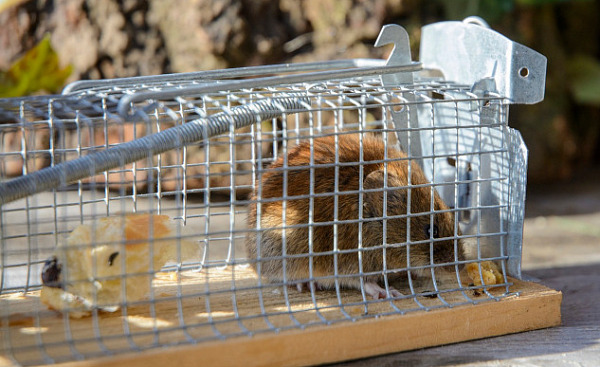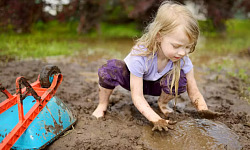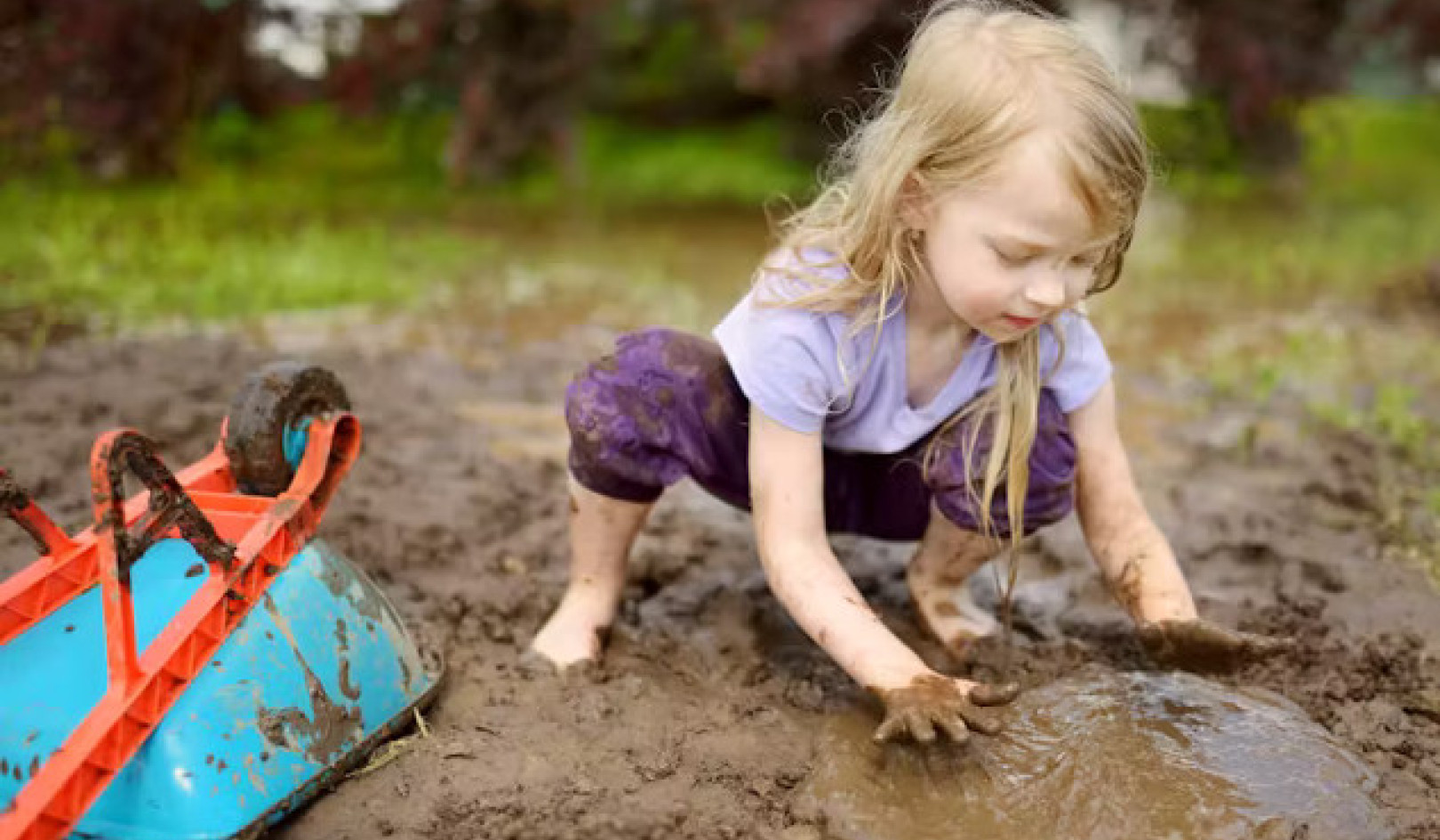
How Mud Play Boosts Your Child's Immune System
Mud play offers more than just messy fun—it strengthens kids' immune systems. Exposure to microbes found in dirt helps children develop resilience, reduce allergy risk, and even promotes mental...

Finding The Inner Strength of the Huntress
Explore the concept of the Huntress archetype as a source of inner strength and guidance. Unleash your empowered vision to navigate life's challenges and embrace your most authentic self. Discover...

Halloween Child Safety Tips Every Parent Needs to Know
This Halloween, make sure your kids enjoy a fun and safe night with essential Halloween child safety tips. From reflective gear for visibility to trick-or-treating safety tips and choosing...
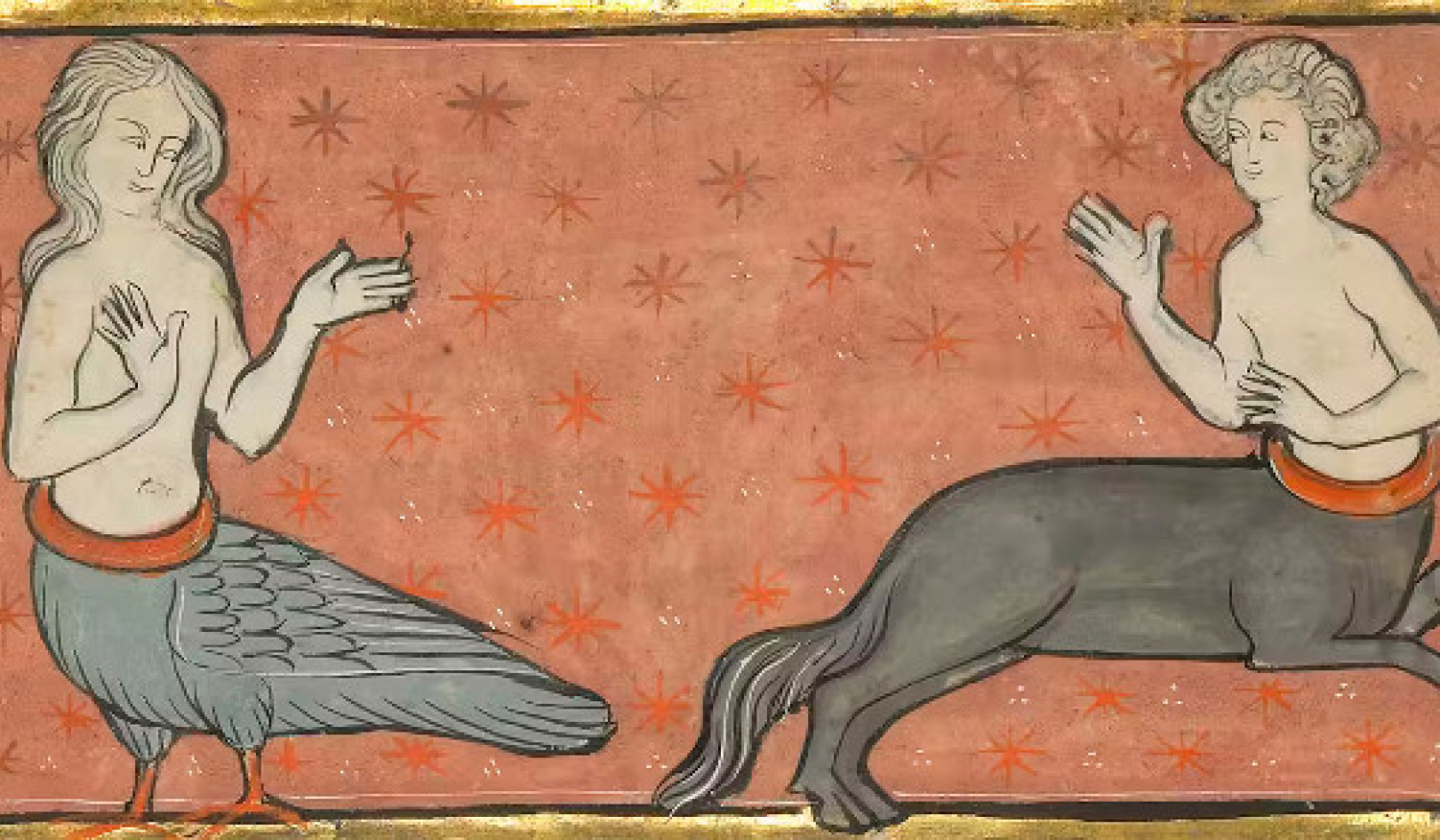
Medieval Supernatural Beliefs: Elves, Fairies, and the Undead
Medieval people held vivid beliefs in supernatural creatures, including elves, fairies, and revenants. These beings shaped medieval society's understanding of miracles, abductions, and unexplained...

Unlock Self-Healing Powers for a Real and Lasting Cure
Explore the transformative power of self-healing soul powers in overcoming serious illnesses. Learn how positive emotions, unwavering belief, and a deep spiritual connection can lead to miraculous...

InnerSelf's Daily Inspiration: October 29, 2024
The Daily Inspiration is a short message to help set the tone for the day. It is linked to a longer article for additional insights and inspiration.
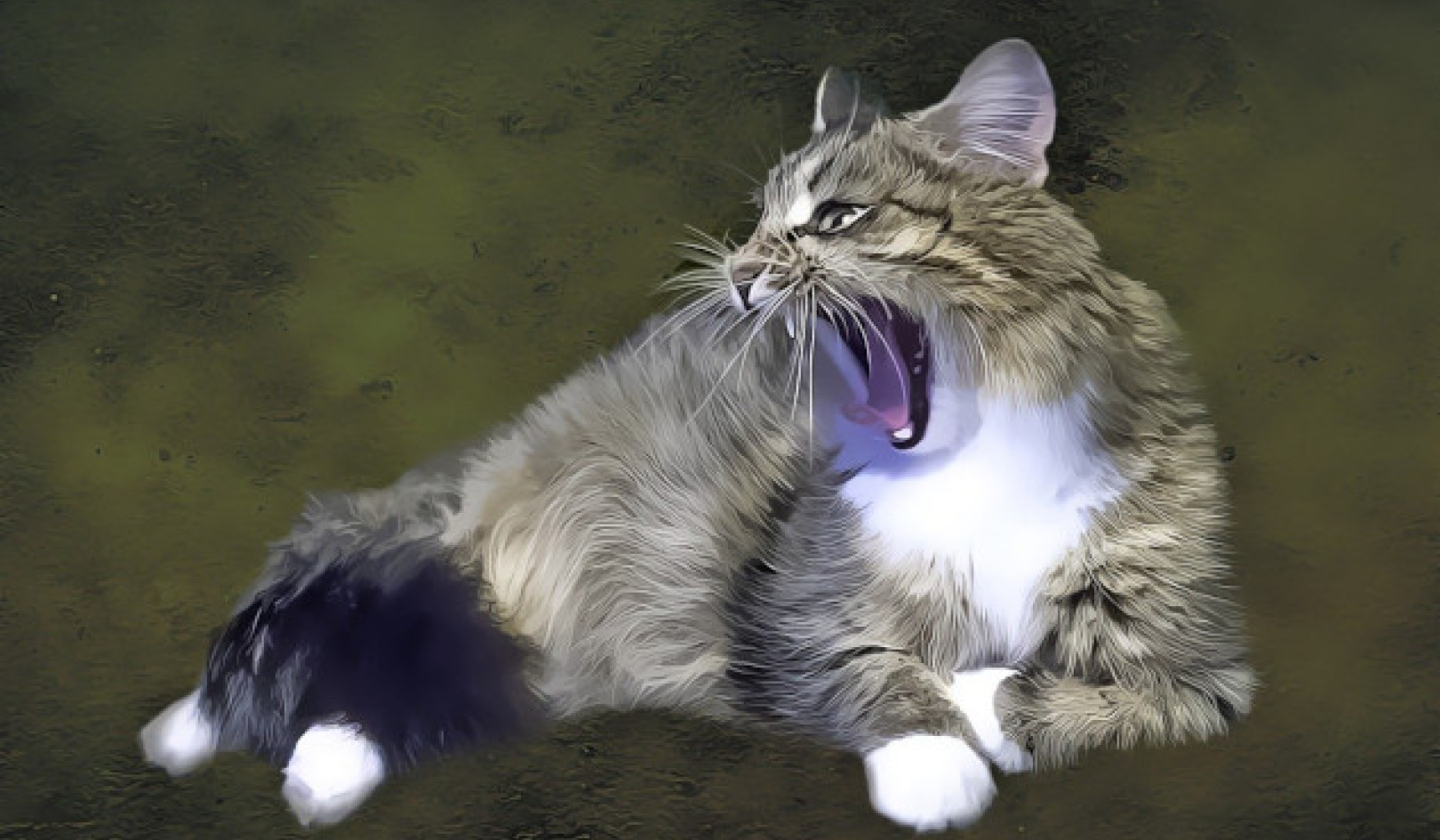
Cats as Spiritual Symbols: Predators or Friends?
This article delves into the complex bond between humans and cats, exploring their spiritual symbolism, roles in ancient folklore, and journey to domestication. Discover how cats, from ancient...
Available Languages
MOST READ
How Gazing at Your Dog Connects Your Brains
Research reveals that eye contact with your dog forms a human-dog brain connection through a phenomenon called neural coupling. This…
Finding (W)inner Peace: What If We're Not the Problem?
Understand that emotions aren't problems to fix but signals that guide us to effective solutions. Explore how to interpret emotional…
Rewiring Your Brain with Right or Wrong Mindfulness
The mind-body connection is central to understanding and managing stress. This article explores how neuroplasticity reshapes the brain in…
Healing Through Breath: Reclaiming Your Inner Calm
By practicing conscious breathing, you can align with your body’s natural rhythm and release stored tension. Learn how curved breathing and…
2024 Business Decision: Vote Harris or Trump?
The 2024 election presents a critical decision: stick with the strong Biden-Harris economic performance or revert to Trump's risky…
Why You Should Imagine Advice from Your Older Self
Imagining advice from your older self can help you reflect on critical life decisions and make better choices. Learn how this mental…
Human Survival in Extreme Heat: New Research
As temperatures rise globally, "human survival in extreme heat" is no longer theoretical. This article explores essential knowledge on…
Find Peace and Protection: Trust Divine Love
This article explores how divine love provides comfort, shielding us with unconditional love, and bestows blessings even in challenging…
MOST WATCHED
Astrological Overview and Horoscope: Oct. 21-27, 2024
This weekly astrological overview is based on planetary influences, and offers perspectives and insights to assist you in making the best…
2024 Business Decision: Vote Harris or Trump?
The 2024 election presents a critical decision: stick with the strong Biden-Harris economic performance or revert to Trump's risky…
Why You Should Imagine Advice from Your Older Self
Imagining advice from your older self can help you reflect on critical life decisions and make better choices. Learn how this mental…
Human Survival in Extreme Heat: New Research
As temperatures rise globally, "human survival in extreme heat" is no longer theoretical. This article explores essential knowledge on…
How Propaganda Outsmarts Education: The Power of Misinformation
Propaganda’s influence often overshadows education, shaping beliefs and biases in lasting ways. This article delves into the power of…
Astrological Overview and Horoscope: Oct. 28-Nov. 3, 2024
This weekly astrological overview is based on planetary influences, and offers perspectives and insights to assist you in making the best…
Halloween Child Safety Tips Every Parent Needs to Know
This Halloween, make sure your kids enjoy a fun and safe night with essential Halloween child safety tips. From reflective gear for…

